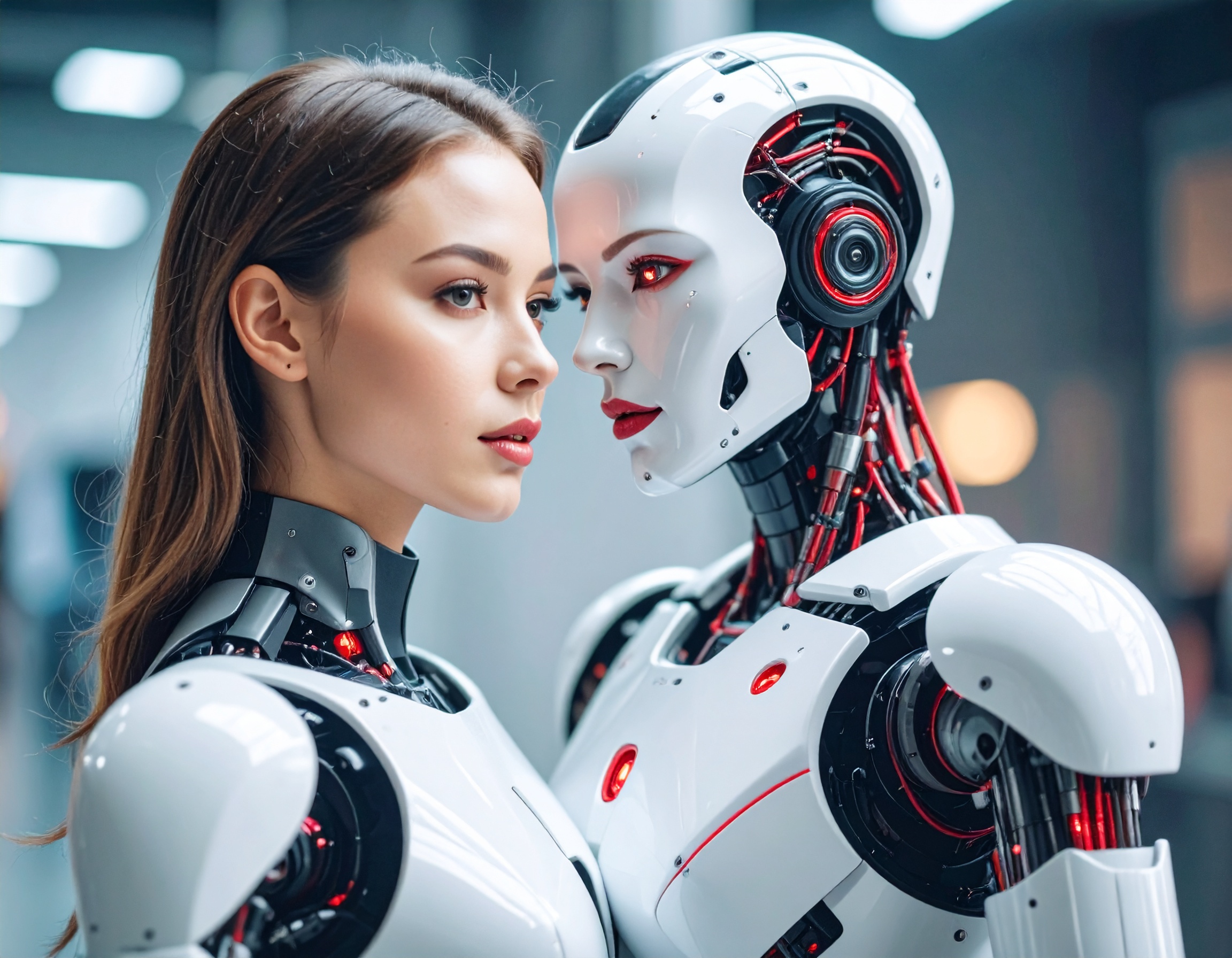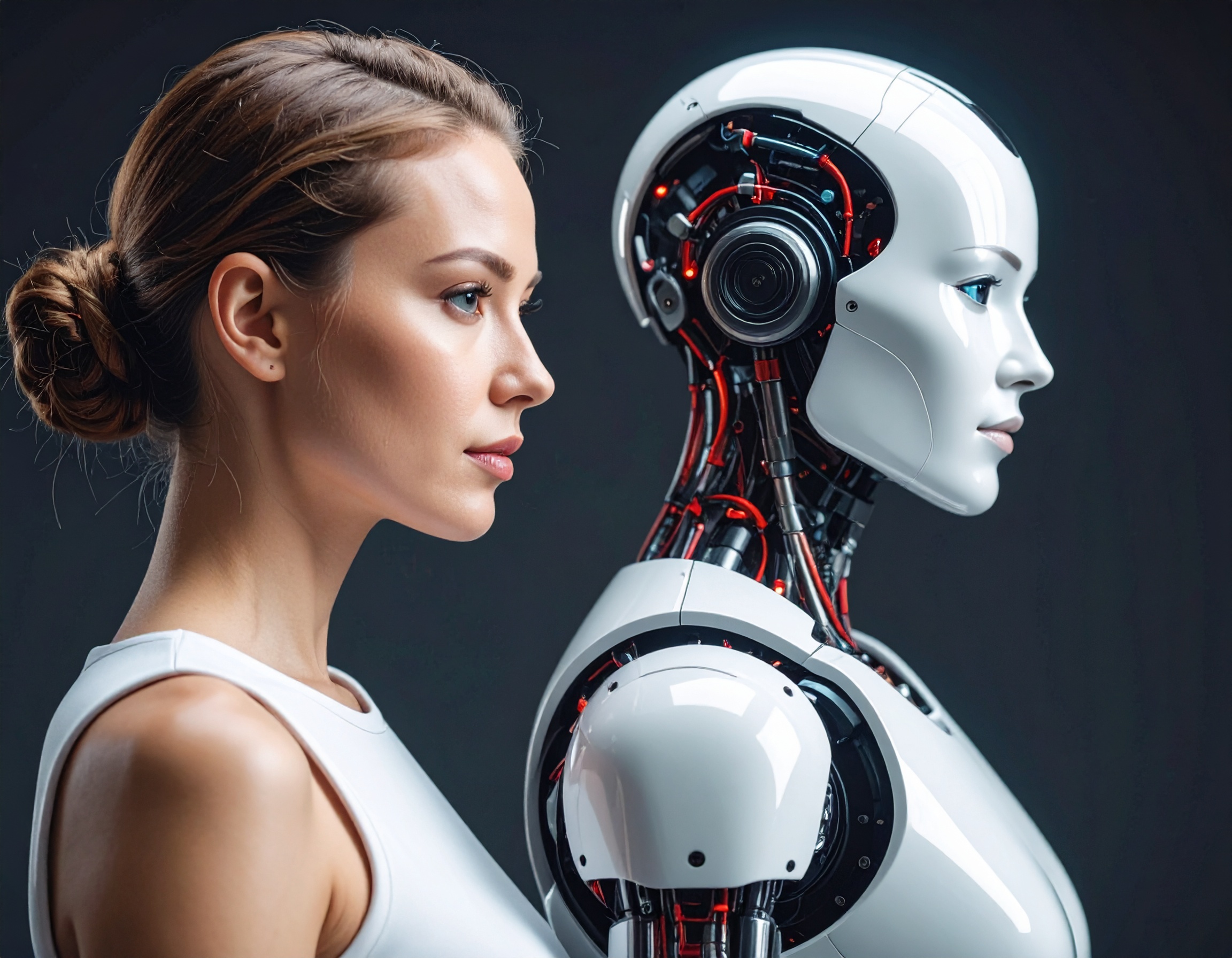Swimming Towards Sustainability: Aquaa’s Fishlike Drones Dive into Water Conservation

In a world increasingly threatened by climate change and pollution, the health of our waterways stands on shaky ground. Simeon Pieterkosky, co-founder of Aquaai, emphasizes the urgency, noting that nearly every water body suffers from pollution, hindering the ecosystem's ability to recover. Recognizing this critical need for data to understand and preserve aquatic environments, Aquaai introduces fishlike drones as intelligent agents to collect vital information beneath the surface.
These underwater drones, resembling the iconic clownfish from "Finding Nemo," navigate water bodies with precision, equipped with cameras and sensors to measure crucial metrics such as oxygen levels, salinity, and pH. Developed by Pieterkosky, whose inspiration stemmed from his daughter's concern for the ocean crisis, these digital employees seamlessly integrate into natural habitats, maneuvering around obstacles and swimming among other creatures without disturbance.
Aquaai's technology has already made waves in California and Norway, where it monitors water quality in diverse settings, including fish farms and harbors. Now, the company sets its sights on the Middle East, a region grappling with water scarcity. With just 1% of the world's freshwater resources, countries in the Middle East are turning to innovative solutions for water management and aquaculture. Aquaai's drones offer a promising avenue for sustainable practices, from detecting derelict fishing gear to monitoring coral health.
Amidst these ambitions, Aquaai faces challenges, including securing sufficient funding for commercialization. Despite raising $1.6 million, the company relies on a limited pool of investors, reflecting broader trends in the water tech sector, which received a mere 3% of climate tech funding in 2023. Nevertheless, industry experts recognize the potential of Aquaai's drones, heralding them as a non-invasive and cost-effective method for real-time data collection, crucial for informed decision-making in water management.
As Aquaai continues to refine its technology and seeks partnerships for trials, the hope is for greater recognition and support from investors. With the fate of our waterways hanging in the balance, Pieterkosky emphasizes the urgency, framing Aquaai's mission as a vital endeavor to preserve the lifeline that sustains humanity.
Key Highlights:
- Waterway Stress: Simeon Pieterkosky, co-founder of Aquaai, highlights the dire state of the world's water bodies, emphasizing widespread pollution hindering ecosystem recovery.
- Fishlike Drones: Aquaai introduces fishlike drones equipped with cameras and sensors to collect vital data underwater, inspired by Pieterkosky's daughter's concern for the ocean crisis.
- Versatile Technology: Aquaai's drones have been deployed in California and Norway, monitoring water quality in various environments, including fish farms and harbors, with plans to address water scarcity issues in the Middle East.
- Funding Challenges: Despite raising $1.6 million, Aquaai faces hurdles in securing adequate funding for commercialization, reflecting broader trends in the water tech sector, which received only 3% of climate tech funding in 2023.
- Expert Endorsement: Industry experts recognize Aquaai's drones as a non-invasive and cost-effective method for real-time data collection, essential for informed decision-making in water management.
- Call for Support: Pieterkosky urges investors to recognize the urgency of Aquaai's mission, emphasizing the critical role of preserving waterways, which are essential for humanity's survival.
Reference:
https://www.cnn.com/2024/04/22/tech/water-security-aquaai-robots-spc


